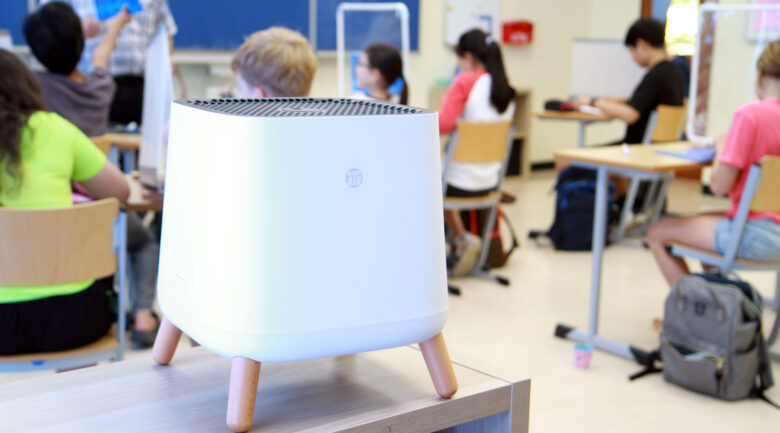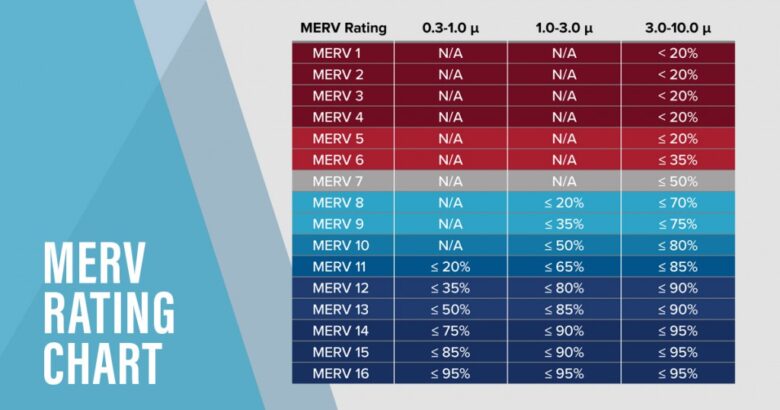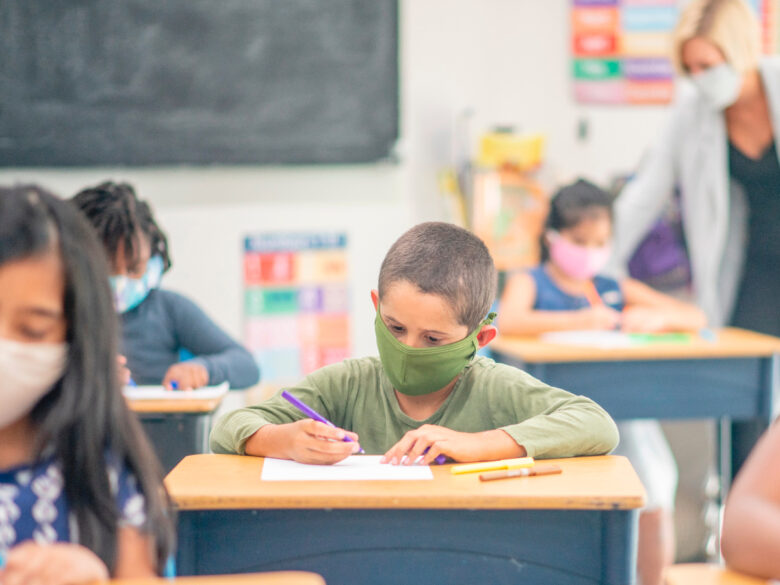Places like schools or any other educational institutions are meant to build to provide a good learning system, but if the school or the educational facility itself cannot give a suitable learning atmosphere, how can we expect our students to acquire the right thing?
Air filters are one of the required electronic components that schools or any other educational facilities should have. In the market, various sizes are available, but choosing the appropriate HVAC filter sizes is a must to get a peaceful learning space.
Contents
Significance of Air Filters in Educational Institutions

Source: newsroom.unsw.edu.au
The essentiality of installing air filters in schools and educational facilities is abundant; some of them have been spot lightened below.
Children’s Weak Immune System Needs Extra Protection from Polluted Air:
The need for air filters in educational institutions like schools is worth mentioning. It is not required to say how sensitive children’s immunity system is compared to adults. In school, there will be children who can be easily affected because of toxic indoor air quality.
Compared to adults, children consume more air through breathing, and their respiratory systems are still developing. Breathing in polluted air can cause respiratory problems, asthma, allergies, and other diseases that can hamper children’s performance in school.
To solve this problematic issue, Custom Filters Direct has brought custom-sized HVAC filters designed according to individual preferences. These customized commercial ac filters are specially manufactured for commercial buildings like schools and other educational facilities.
Crowded Spaces Like Schools Must Install Air Filters Due to Air Pollution:

Source: smartairfilters.com
Generally, crowded places have more pollution than places with fewer people. And it is obvious that places like schools or other educational institutions have lots of people; therefore, the indoor air of those spaces will naturally get polluted. So, people can easily get infected with airborne infectious illnesses through this toxic air. Installing an appropriate HVAC filter will assist to reduce the pollution level and develop the air quality.
Commercial furnace filters are supposed to trap poisonous airborne particles such as dust, dirt, and pet dander. They are typically created with materials such as pleated paper, polyester, and fiberglass and made in various sizes like 8×35.5×1 air filters, 10x24x1 air filters or more, and with MERV ratings (Minimum Efficiency Reporting Value) that show their productivity in taking out airborne particles.
On the other hand, commercial ac filters remove pollen, dust, and other airborne toxic components from the air. Commercial ac filters come with the convenience of reusable quality.
Both commercial and commercial ac filters are essential for maintaining the good indoor air quality of any commercial building. Along with that, these are also important to maintain the performance of HVAC systems.
Air Filters Can Balance Temperature Levels:
Air filters can manage the level of humidity and temperature that can affect the overall concentration, comfort, and productivity of the people of that commercial building. To add more, proper air filtration can assist to lower unpleasant smells and improve indoor air quality, which offers a pleasant workplace for commercial people and a learning environment for school students.
MERV ratings, filtration efficiency, and more

Source: stellarfoodforthought.net
When selecting filters for school and educational facilities, several factors should be taken into account to ensure optimal indoor air quality. The following factors are crucial considerations in selection:
- MERV Ratings: Minimum Efficiency Reporting Value (MERV) is a standardized rating system that indicates the effectiveness of an filter in removing airborne particles. The MERV rating ranges from 1 to 20, with higher ratings indicating better filtration efficiency. Schools typically require filters with MERV ratings between 8 and 13 to balance air quality improvement and energy efficiency.
- Filtration Efficiency: The filtration efficiency refers to the ability of a filter to capture and remove particles of different sizes from the air. Filters with higher filtration efficiency can trap smaller particles, including allergens, dust, pollen, and bacteria. Look for the ones that have a high efficiency in capturing contaminants of concern.
- Airflow Resistance: Air filters can create resistance to airflow, impacting the performance of HVAC systems. It is essential to consider the pressure drop or airflow resistance of the filter. Select the ones that provide effective filtration while maintaining optimal airflow within the system. Consult with HVAC professionals to determine the appropriate balance between filtration efficiency and airflow resistance.
- Longevity: The lifespan of an filter depends on various factors such as the quality , the level of contaminants in the air, and the system’s operating conditions. Consider the recommended replacement frequency and maintenance requirements to ensure cost-effectiveness and uninterrupted filtration performance.
- Compatibility with HVAC Systems: Ensure that the selected filters are compatible with the HVAC systems in your educational facility. Consider factors such as size, shape, and installation requirements to ensure a proper fit and function within the existing HVAC infrastructure.
- Specific Filtration Needs: Identify the specific contaminants or pollutants that are of concern in your school or educational facility. For instance, if you are dealing with high levels of volatile organic compounds (VOCs) or odors, consider filters with activated carbon or other specialized media designed to address these specific issues.
- Regulatory Compliance: Familiarize yourself with local, state, and federal regulations regarding air quality standards in educational settings. Ensure that the selected filters meet or exceed these standards to maintain compliance and ensure the health and safety of students and staff.
- Supplier Reputation and Support: Choose reputable suppliers or manufacturers known for producing high-quality filters. Consider their track record, customer reviews, and technical support availability to ensure reliable products and assistance when needed.

Source: globenewswire.com
Conclusion
To conclude, air filters significantly balance a comforting and safe learning atmosphere in schools and educational facilities. With the help of commercial ac filters or commercial furnace filters, remove airborne pollen, control humidity, and temperature, and lower the spread of airborne infectious diseases. Having HVAC filters in schools and educational facilities can help to assure the well-being of students and staff alike.
